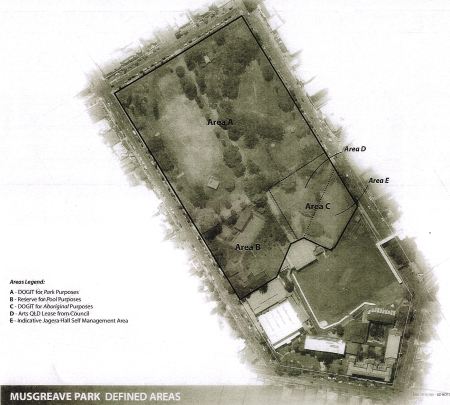R v Wharton & Chitts: defence of the sacred fire — Brisbane Central Magistrates Court, 26 February 2014.
On 30 April 2012 two men, Wayne Wharton and Hamish Chitts, were arrested by armed police for ‘obstruction‘ while attending an aboriginal ceremony in Musgrave Park. The two men were arrested while attempting to prevent council officers from putting out the sacred fire that had been lit by the traditional owner Kevin Vieritz, a Jagera man of the Carter – Bonner families. One of Kevin Vieritz’s uncles, Neville Bonner, was the first aboriginal man elected to represent Queensland in the Australian Senate. The embers of the fire had been transported to Musgrave Park from the original tent embassy outside the old parliament house in Canberra. The Aboriginal Tent embassy was set up in 1972.
On Wednesday 26 February 2012 the following extraordinary exchange occurred between the magistrate and the police prosecutor after summing up for the defence by Wayne Wharton.
Magistrate Costello: What is the obstruction?
Prosecutor: The defendant (Wayne Wharton) pulled away from police several times. It is not a high order of obstuct but it is obstruction nonetheless….
Magistrate: But the defence is that the fire is sacred and that the land is on a deed of grant in trust that specifies that the land is for an aboriginal purpose.
Prosecutor: I do not think it is a question of that your honour. The land is owned by the Brisbane City Council who has the responsibility to ensure that the local law (that fires not be lit in the open air) is upheld. It is not a question of race or religion it is simply that you can’t light a fire in a public place.
Magistrate: Yes, but the Brisbane City Council (as owner) is the trustee of a trust where the council has responsibilities that the land be used for an aboriginal purpose….
Prosecutor: …. the defence is based on self serving statements your honour.
Magistrate: … Are you saying that Mr Wharton is not an aborigine?
Prosecutor: No, your honour, I am not saying that. It is simply beyond the scope of the trial.

Magistrate: How can it be beyond the scope of this trial? … Well what are you saying? I am asking you what is your understanding of ‘an aboriginal purpose’?
Prosecutor: I am saying that the council as owner would not have given permission to light the fire and so the police and council have every right to do what they did. It does not matter what an aboriginal purpose is.
Magistrate: But isn’t that the crux of the case? The land is the council’s and I am asking you what is your view of an aboriginal purpose? … What do you say?
Prosecutor: Well, um, well I can’t really see how that matters; the council is the owner of the land.
The Magistrate set aside his judgement till 9am in Brisbane Magistrates court number 20 on 28 March 2014.
This will be the first court in Australian legal history to make a substantive ruling on the legal meaning of the words ‘aboriginal purpose’ (sic). The Mabo case was about Murray Islanders’ ongoing connection to land and sea since colonisation, this case is about who owns the land and what is its purpose.
Ian Curr
27 February 2014
NB The exchange between the magistrate and police prosecutor is not verbatim however it does convey the meaning of words that were uttered in court by these two lawyers.
The magistrate was careful not to permit the defence to rely on statements that had not yet been admitted into evidence. The map shown above together with the legends were accepted into evidence.
